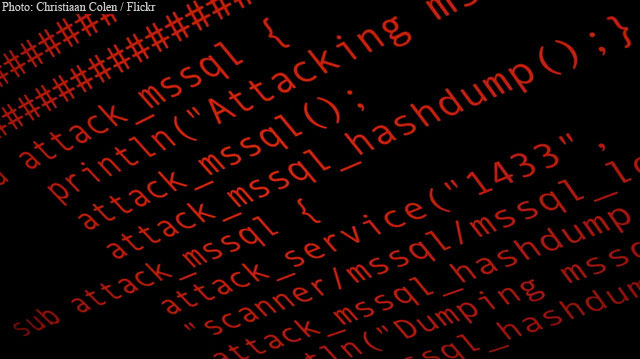So it turns out that not one, but at least two separate groups of Russian hackers penetrated the data vaults of the Democratic National Committee to conduct espionage.
The target? For one of the groups, it was the Democrats’ opposition research on a certain Donald J. Trump.
This story has enormous implications for our national security. To wit: We can cut the defense budget, tell Poland not to worry so much about Vladimir Putin and finally conduct President Obama’s long-awaited pivot to the Pacific, where Chinese spies, unlike their Russian counterparts, pursue information of real strategic value.
As for the DNC caper, I can only imagine what Putin said to the hapless FSB agent who came to the Kremlin to inform the big boss that the Americans might be on the brink of seating a yeti in the Oval Office.
Toning down Putin’s language out of respect for this column’s more sensitive readers, I expect it went something like: “You broke into the Democrats’ computers for this? Haven’t you morons heard of Twitter? Didn’t you keep those old KGB clippings from the New York Post?”
According to CrowdStrike, the digital security firm the DNC called in when it noticed suspicious behavior on its computer systems, the group that went after the Trump research hacked into the DNC in April. The other group, which has had access for about a year, mainly monitored the committee’s emails and chats. Both groups have now been shut out by CrowdStrike, and neither is publicly known to have had any access to private voter or donor information.
A former DNC research official told Politico that based on current information, it does not seem like much proprietary material was in play. The hackers “got access to a great library of material on Trump, but it’s not anything they couldn’t have gotten themselves from libraries around the country.” So far, there is no evidence that the group looking at DNC emails and the group pulling news clippings on Trump coordinated with one another.
Unlike say, the State Department, which has direct access to top-level government secrets and real influence on American policy, the DNC is pretty much run out of chairwoman Debbie Wasserman Schultz’s garage in Fort Lauderdale. Granted, even Wasserman Schultz has enough sense not to install an actual private email server, in striking contrast to at least one recent secretary of state. But even so, penetrating the DNC files can’t have been much more than a training exercise for some raw Russian intelligence recruits. Maybe the ex-Soviet spooks just wanted to see if the kids are reading the newspapers. At least I think they still have newspapers in Russia.
Or maybe it was like batting practice in baseball. An old guy stands behind a screen and soft-tosses to the big leaguers, whose egos are boosted when they hit the ball 550 feet into the upper deck. It doesn’t prove they can make contact with a 92-mile-an-hour slider on a two-strike pitch in a real game. But what can it hurt?
I am not sure why the DNC would even bother to password-protect its opposition research on Trump. They will never get a chance to use it anyway. Why would anyone care about any stupid thing Trump may have done or said in the distant past when he provides new targets for criticism almost every time he opens his mouth? People who are going to oppose Trump do not need a history lesson (except maybe if they work for the FSB). And people who are going to support him don’t care.
But as for keeping an email server in the garage, or in the basement, well yeah, it turns out to be a bad idea. From the looks of it, those Russians are like dinner guests who furtively check out the contents of your medicine cabinet. They’ll rummage through anything just to satisfy their curiosity.
Disclaimer: This page contains affiliate links. If you choose to make a purchase after clicking a link, we may receive a commission at no additional cost to you. Thank you for your support!




Leave a Reply